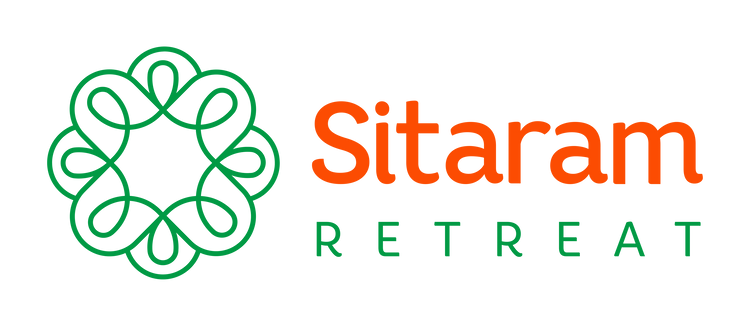Uric Acid
Gout is a complex form of arthritis that causes inflammation in the joints due to accumulation of uric acid. The disease commonly effects the joints in the feet. Gout is characterized with intense pain, swelling and redness in the joints.
What are the causes for gout?
Accumulation of urate crystals in the joints lead to inflammation and intense pain in the joints.
Urate crystals are formed from excess uric acid in the blood stream. Uric acid is formed when there is a break down of purines in the body. The amount of purines are more in case of meats, sea food, alcoholic beverages, and sweetened drinks.
Uric acid dissolve in the blood, is processed in the kidneys and pass out of the body through urine. But when too much of uric acid is generated, kidneys cannot process it and leads to acid build up resulting in urate crystals in the blood. These crystals reach the joints or surrounding tissue that lead to pain and swelling.
Other risk factors include
- Obesity – in case of obesity, the body produces more uric acid which gets difficult to eliminate.
- Medical conditions – associated medical conditions like hypertension, diabetes and chronic kidney diseases.
- Continuous use of certain medications. Eg: thiazide diuretics.
- Family history – hereditary which runs in the family increases the risk of gout
- Menopause – uric acid levels in the blood tend to increase after attaining menopause.
- Age and sex – gout is seen more in men than women. Men is likely to develop this disease.
- Recent surgery or trauma – history of recent surgery can increase the risk of gout.
What are the symptoms of gout?
The sign and symptoms include :
- Intense pain in the joints – gout usually effect the large joints, especially in the big toe. Other joints that get affected are ankles, knees, elbows, wrists and fingers
- Inflammation and redness – the joints affected become inflamed and reddish in the joints
- Limited movements in the joints
Ayurvedic approach to gout
Gout is known as Vataraktha or Adya Vata in Ayurveda. The Vata and Pitta Dosha vitiates and lodges in Raktha Dhatu resulting gouty arthritis. Ayurveda enumerate various causes of disease Vatarakta. Incompatible food and erratic lifestyle activities are the main causes said to aggravate the vata in the body. On the other hand, Rakta is vitiated due to consumption of amla, lavana, katu, kshara etc. This vitiated blood quickly blocks the Vayu and interrupts its movement in the body. The blocked Vata, undergoes further vitiation and contaminates the blood. All these factors together lead to disease Vatarakta.
The symptoms manifests in small joints of the foot and later spread to upper portions of the body. Based on the location, Vatarakta is divided into 2 types – Uttana (superficial) which is located on the skin and muscles, and Gambhira which is located on deeper tissues.
Best ayurvedic medicine for uric acid
- Vatarakta can be managed with panchakarma therapies and internal medications. Uttana Vatarakta can be well managed with:
- Lepam – external application of medicated herbs in particular thickness over the site of inflammatory joints.
- Abhyanga – based on the condition, special tailas are used to serve the patient condition.
- Parisheka – pouring medicated decoctions, milk processed with herbs, oils etc over the afflicted areas.
- Avaghaha – Avaghaha is a type of sudation where the particular part of the body (inflammatory joint) is dipped in the medical decoctions. The method is very useful to manage Vata disorders, body aches and pains, stiffness in the joints etc.
- Upanaha – applying warm herbal paste to the affected body parts of the body helps to reduce the inflammation in the joints. The herbal combination used for Upanaha is a good ayurvedic medicine for gout painthat helps to reduce acute pain over the joints.
Gambhira Vatarakata is affected in the deep tissue level. So the treatment protocol also varies as per that. Both internal medicines along with deep cleansing is required to treat the condition. Virechana, Asthapana Vasti, Anuvasana Vasti, and Ksheera Vasti are advised to treat the condition. In extreme conditions Raktamokshana (bloodletting) is a good option to treat Vata Rakta.
The best uric acid treatment in Ayurveda is available at Sitaram beach retreat. We assess the patient condition along with the Doshic combination and decide the treatment protocol accordingly.


 retreat@sitaramayurveda.com
retreat@sitaramayurveda.com +91 813 8888 912
+91 813 8888 912
